While the use of essential oils for therapeutic purpose has been consistently growing, there is a lot of ambiguity on whether their health benefits are scientifically proven. The science of aromachology, which studies the impact of scents on mood and cognitive functions, has gained traction over the past few years, has started to prove the health impact of a range of smells.
Aromachologists are constantly discovering new ways smells impact our mental and physical health, and clinical research is poised to demonstrate the health benefits of essential oils used in traditional medicine practices.
Here is a summary of what science already knows about the brain mechanisms impacted by the use of essential oils.
How do essential oils work?
They work in a communication between your nose (olfactory bulb) and your brain (the limbic system). Any time we smell something, especially in natural fragrances like essential oils, we inhale volatile particles called esters. These chemicals are what gives food flavours and allows us to smell aromatics. The sense of smell, like taste, comes from specialised sensory cells found in a small patch of tissue inside the nose, the process of which essentially goes like this:
1. The odour (esters) floats in the air reaching the nostrils and dissolving in the mucus (which is on the roof of each nostril). Underneath the mucus, in the olfactory epithelium, specialised receptor cells called olfactory receptor neurons detect the odour. These neurons are capable of detecting thousands of different odours.
2. The olfactory receptor neurons transmit the information to the olfactory bulbs, which are located at the back of the nose. The olfactory bulbs have sensory receptors that are actually part of the brain which send messages directly to the most primitive brain centres where they influence emotions and memories (limbic system structures) + higher centres where they modify conscious thoughts (neo-cortex). Helping us to distinguish different scents, like coffee from an orange, for example.

The limbic system: the brain of emotions
The olfactory bulb is one structure of the limbic system. The information captured by the sense of smell goes directly from the olfactory bulb to other structures of the limbic system. The limbic system is a network of connected structures near the middle of the brain linked within the central nervous system. These structures work together to affect a wide range of behaviours including emotions, motivation, and memory. This system deals with instinctive or automatic behaviours, and has little to do with conscious thought or will. The limbic system also deals with translating sensory data from the neo-cortex (the thinking brain) into motivational forces for behaviour.
The limbic system is centrally involved in the mediation between a person’s recognition of an event, their perception of it as stressful, and the resulting physiological reaction to it, mediated via the endocrine system. Stimuli are processed conceptually in the cortex, and passed to the limbic system where they are evaluated and a motivational response is formulated. This process forges a new memory, called what-when-where memory. Our memories are multi-sensory, for instance, when you think about how a chocolate chip cookie smells, it will remind you of your grandmother. These scents produce an emotional reaction, which in turn produces a physical reaction.
There is a lot of research supporting the use of essential oils for a variety of health benefits. At anatomē, we combine essential oils with scientifically-proven effects into formulas that stimulate the body and improve your emotional and physical wellbeing. Whether you need a boost of energy to start your day, help to improve your sleep, or support to get through stressful times, essential oils are a powerful, safe and natural way to improve your quality of life.






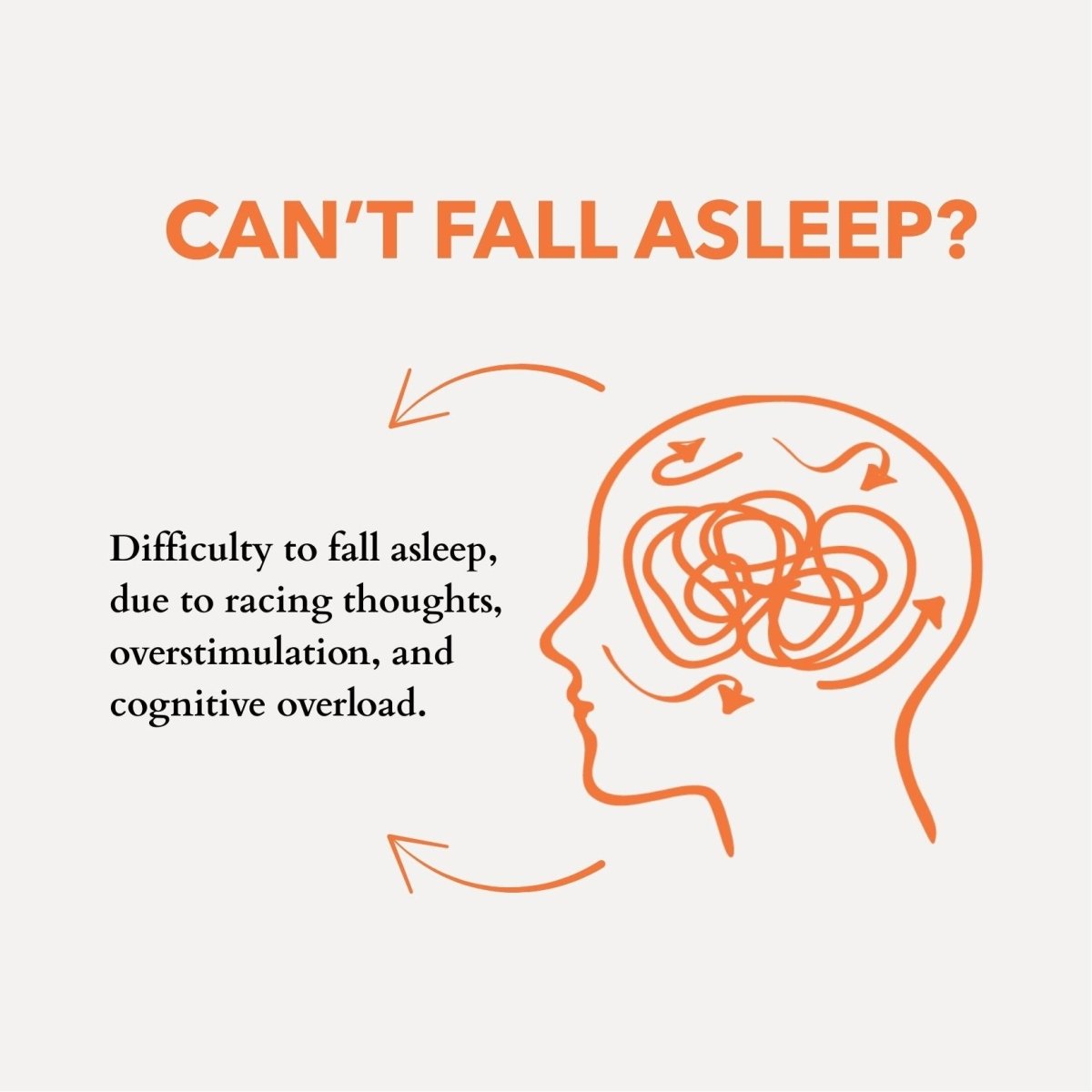
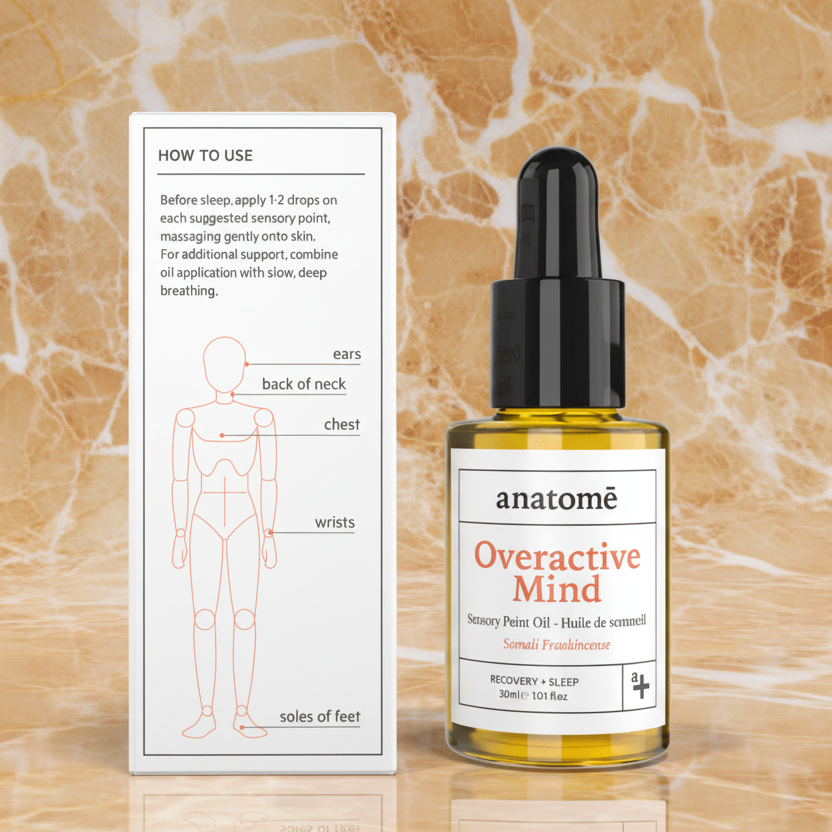
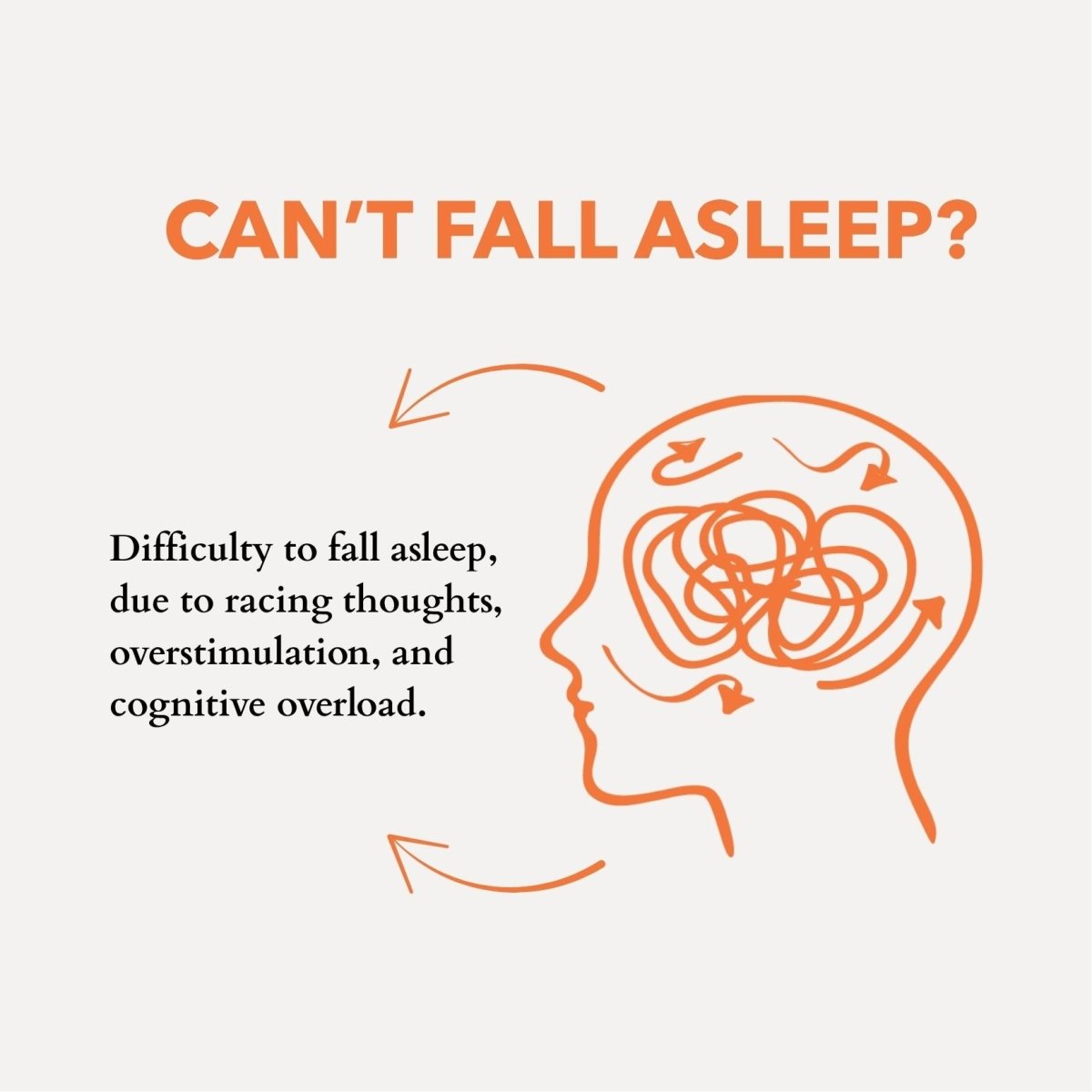
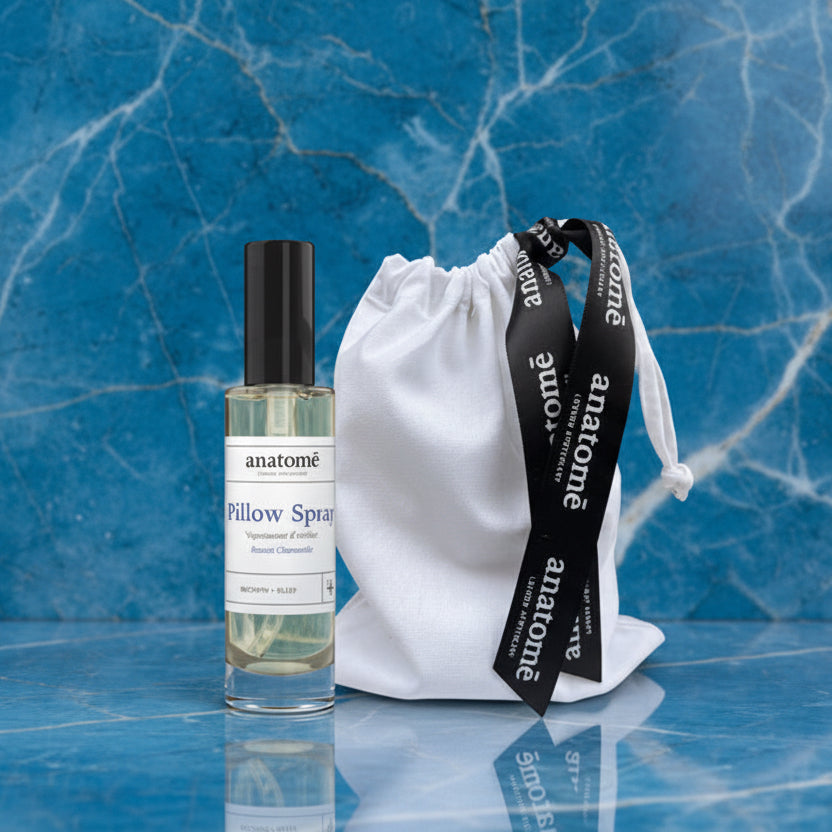
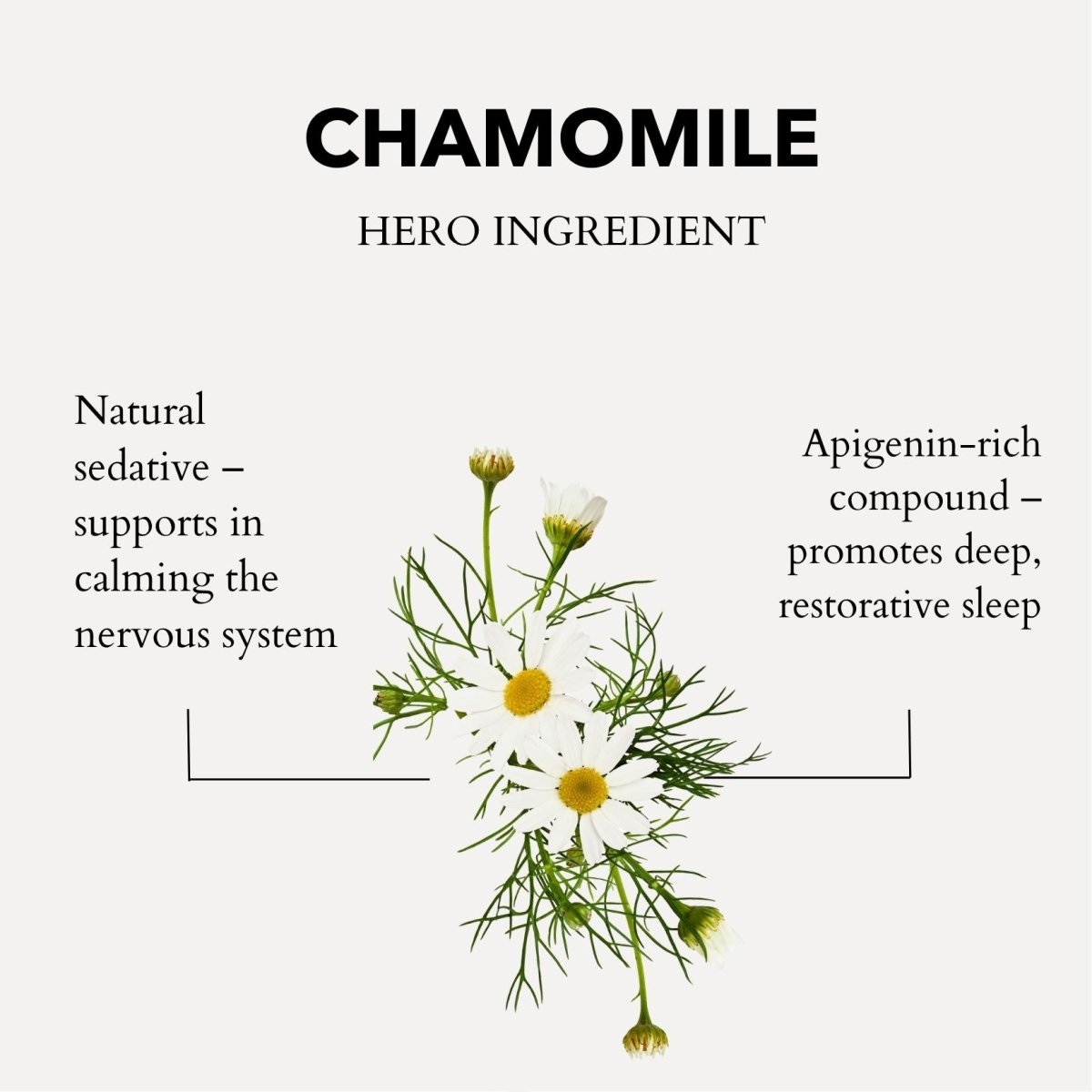
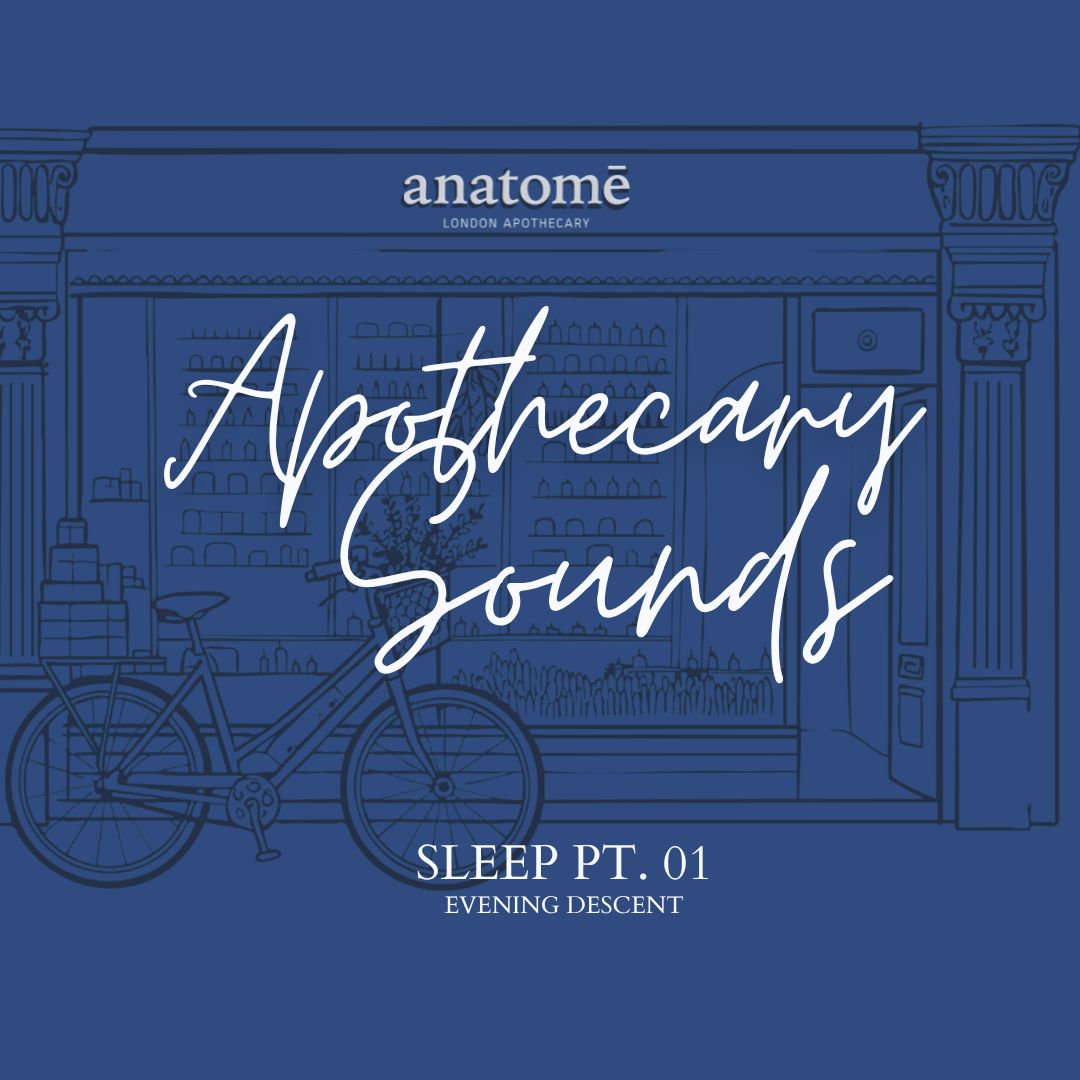




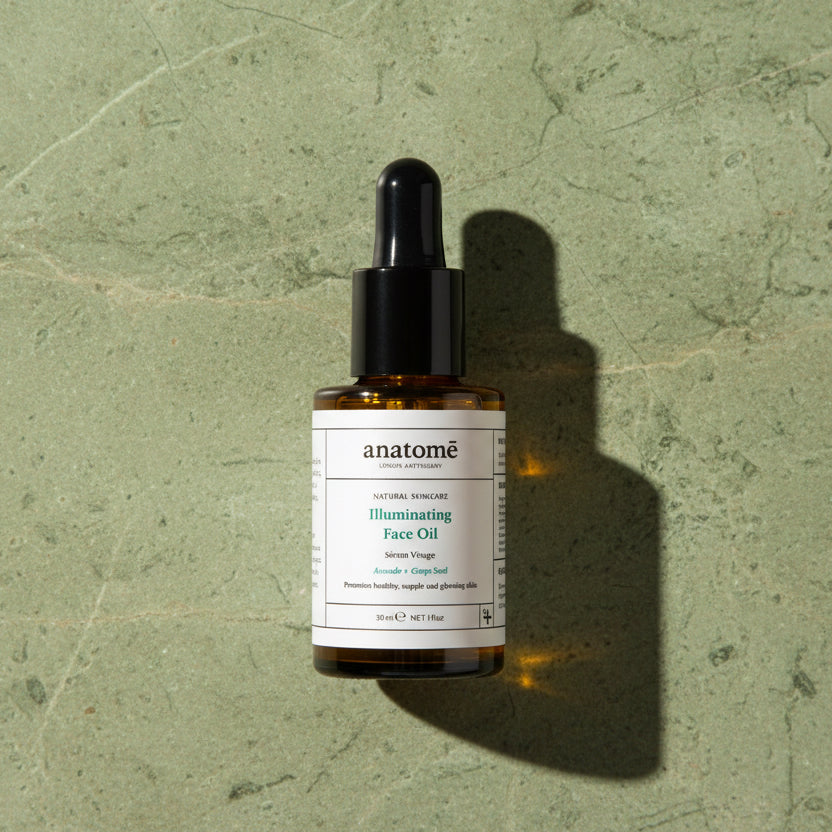
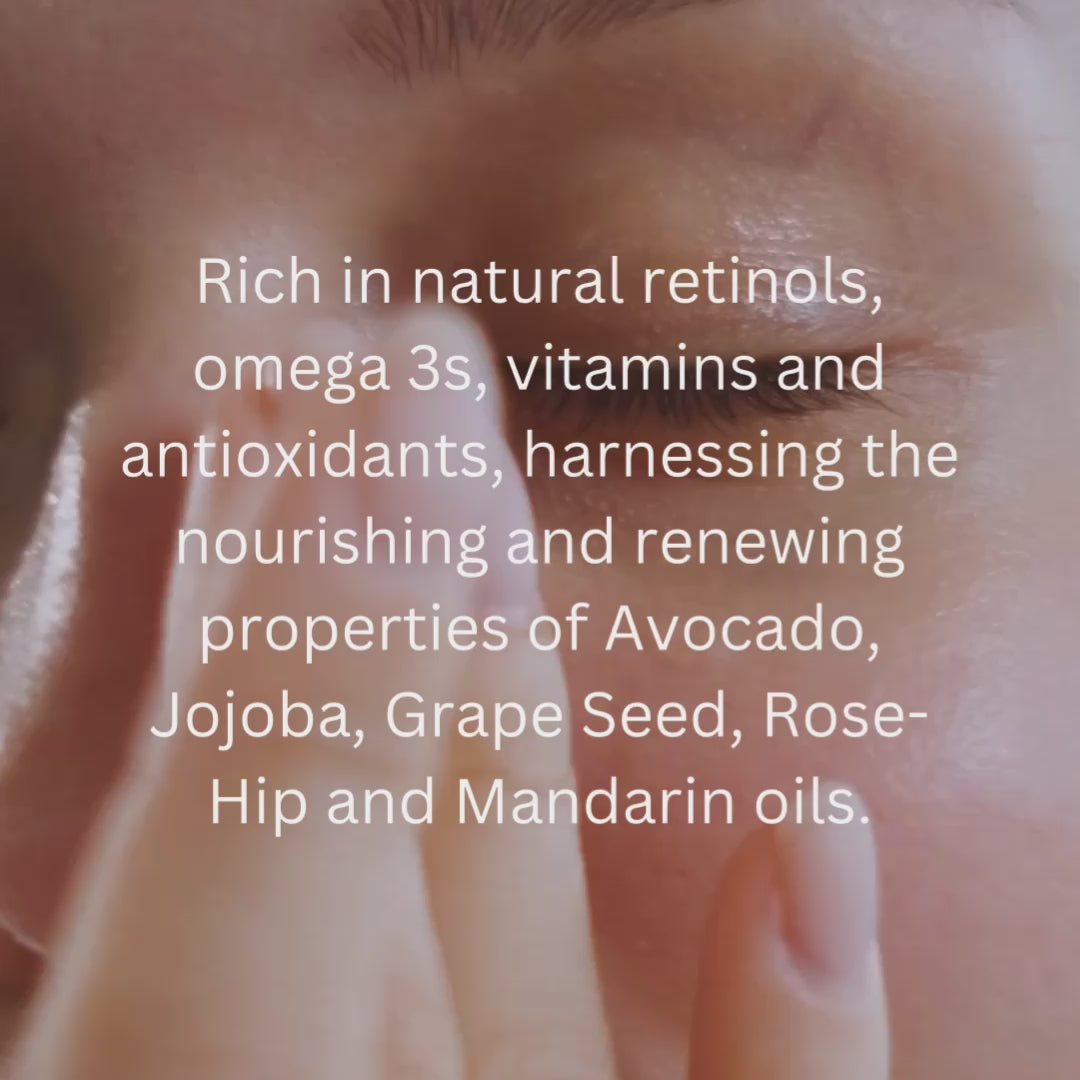
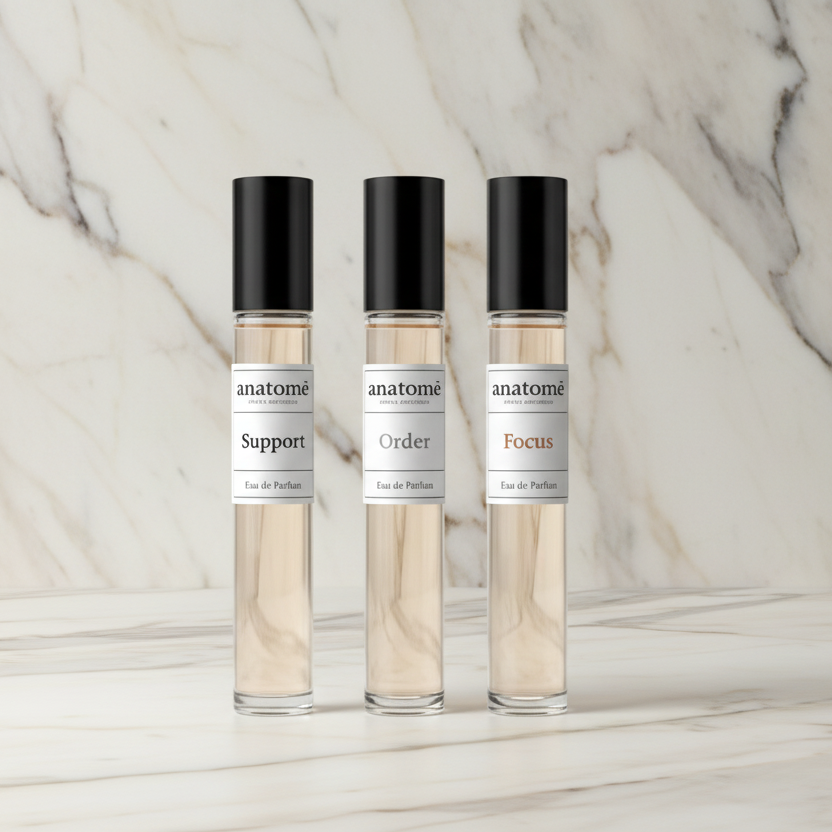

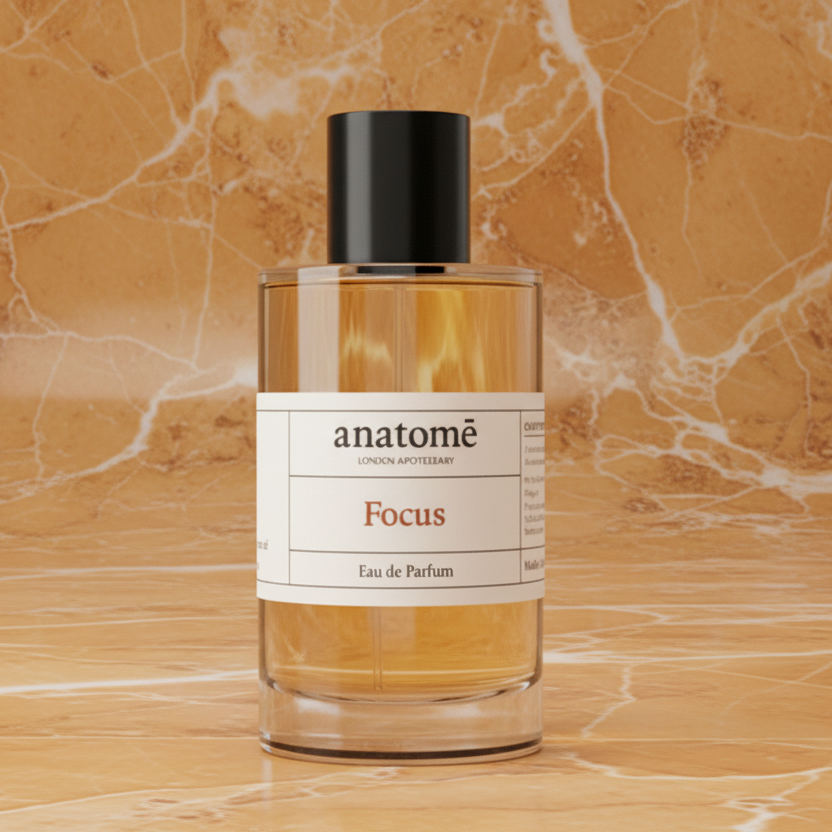

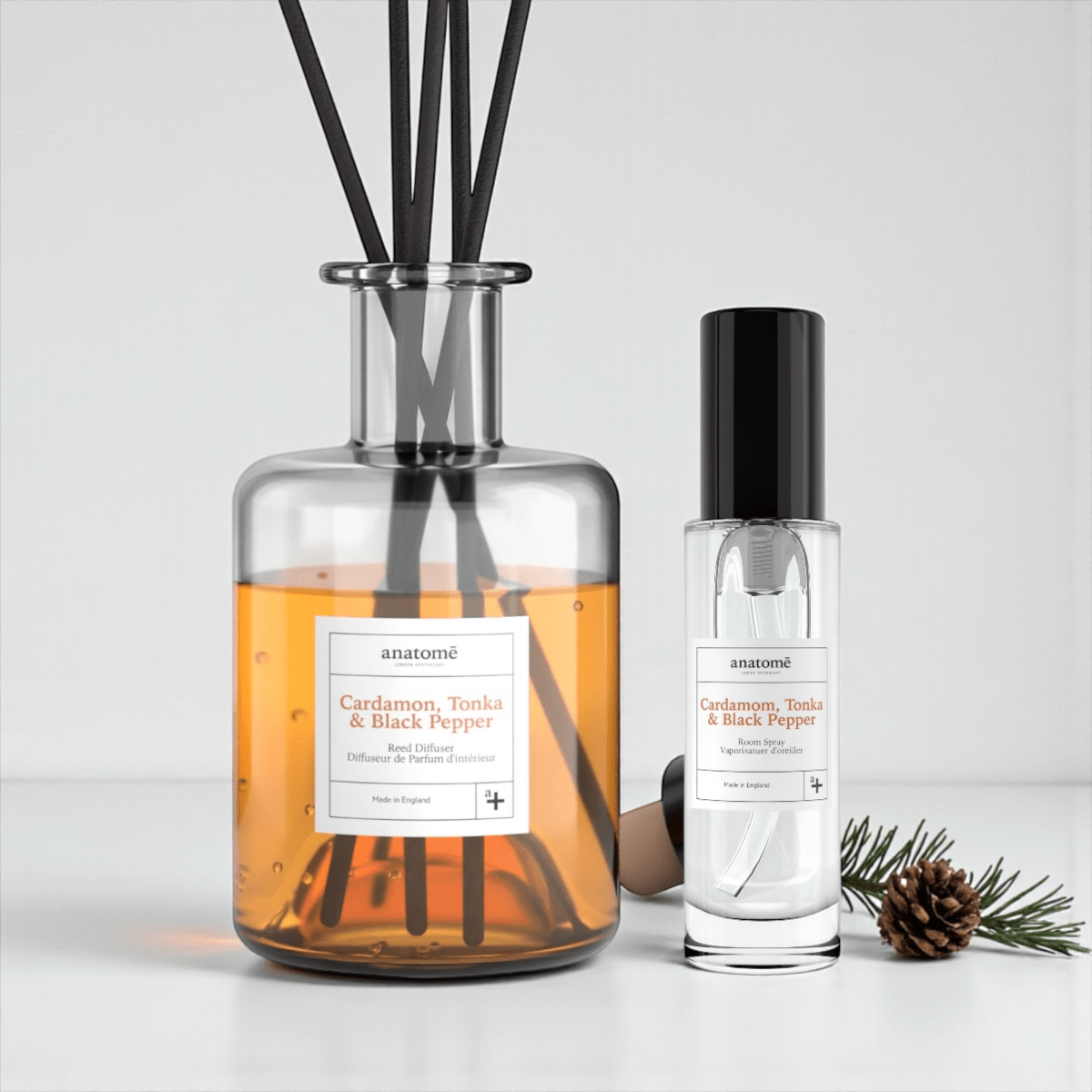


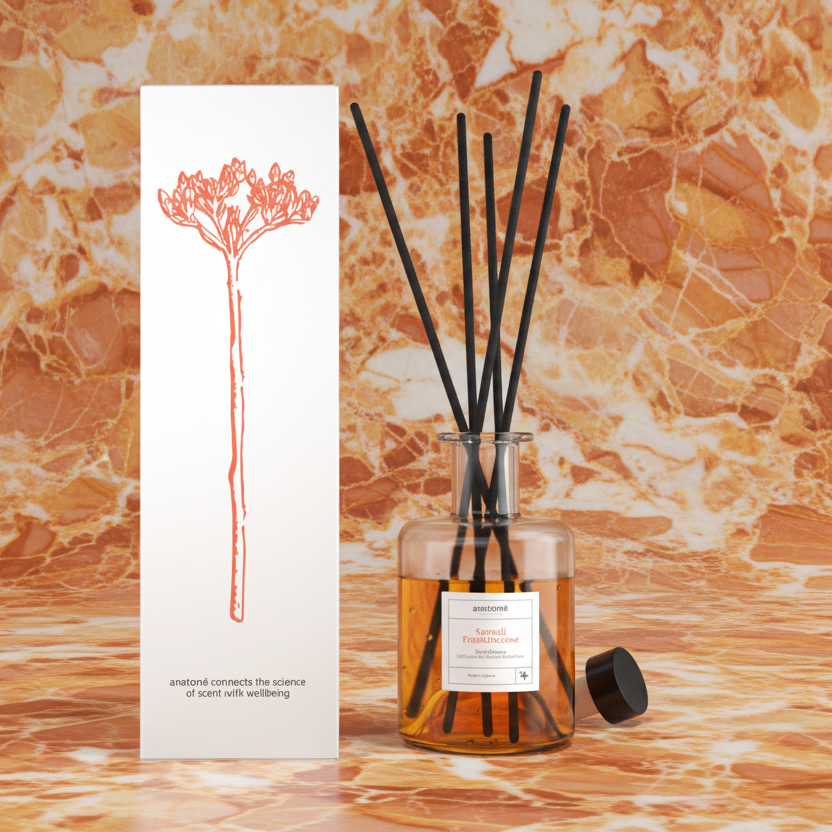


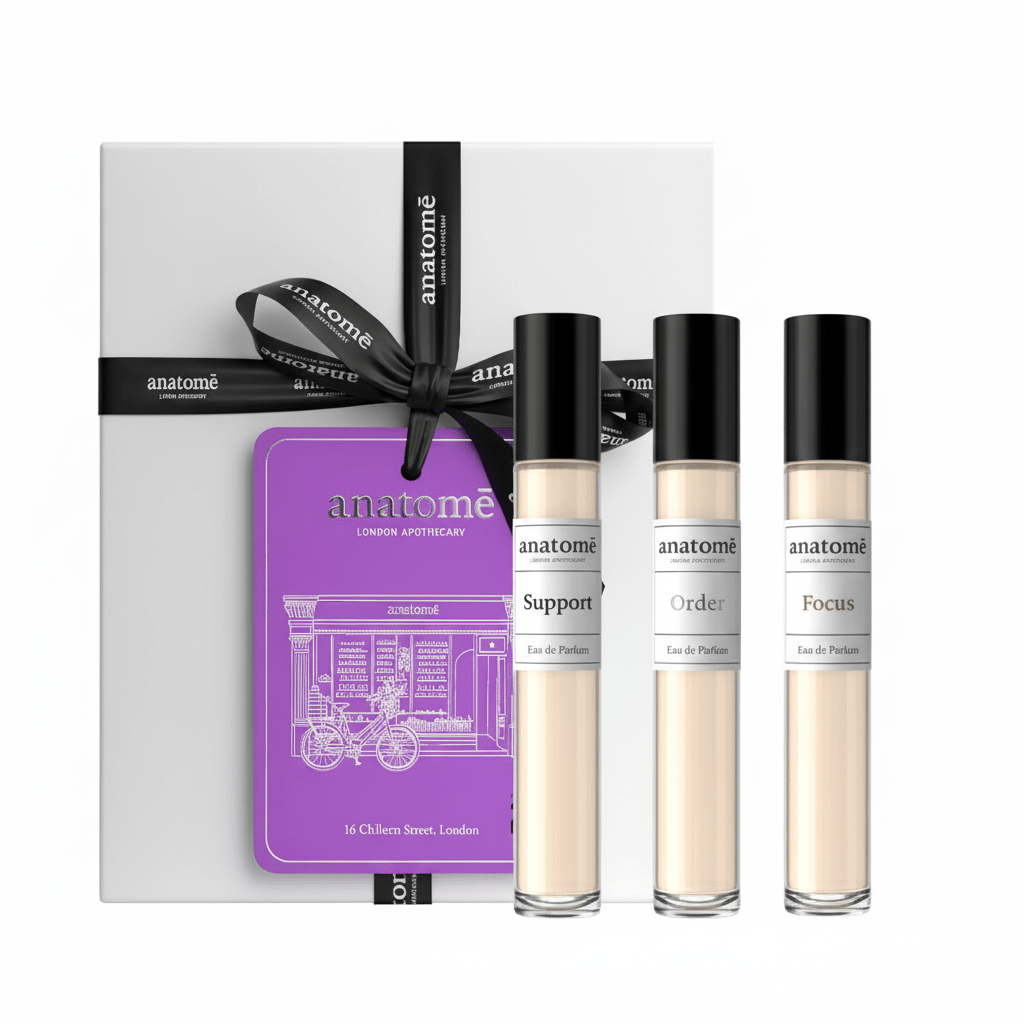

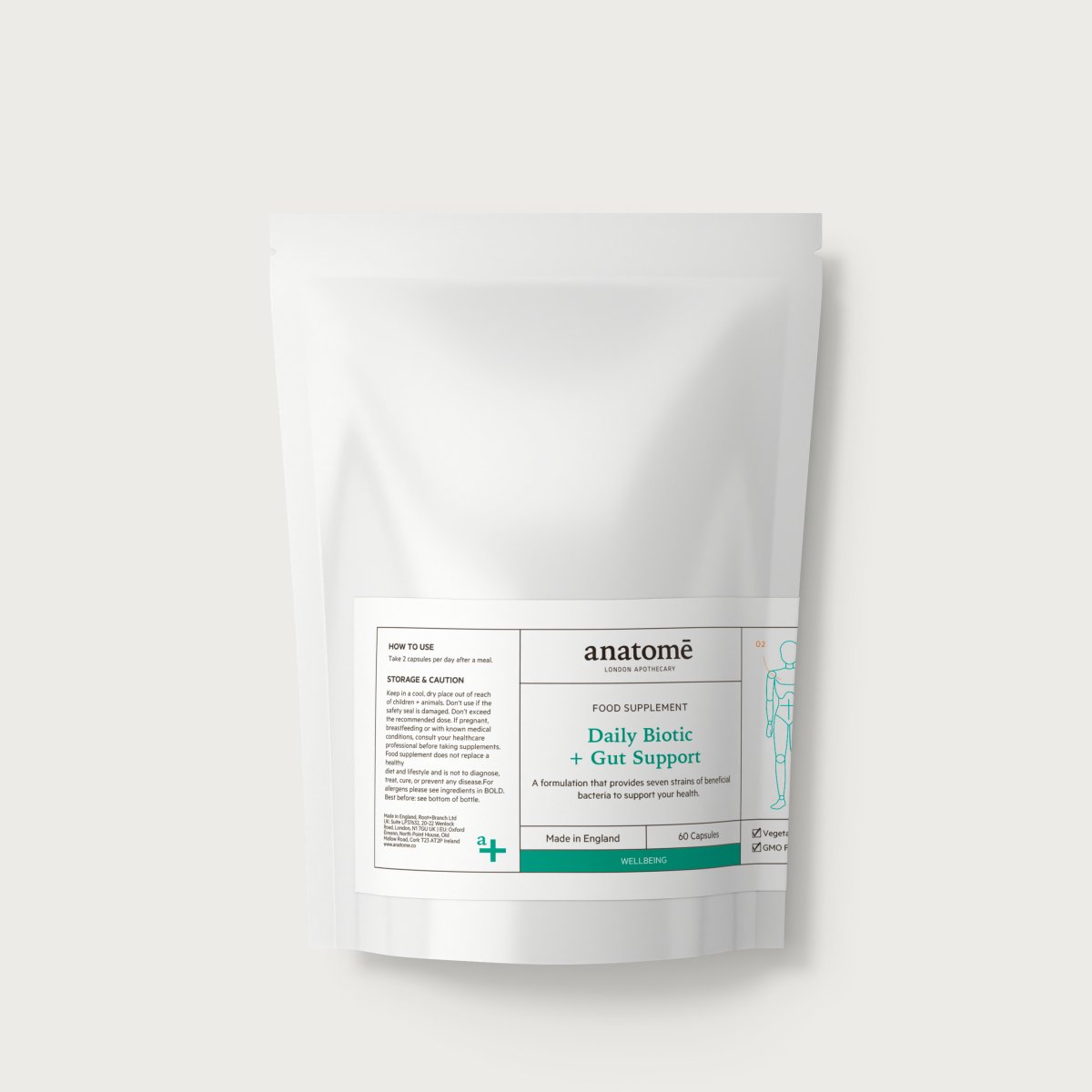
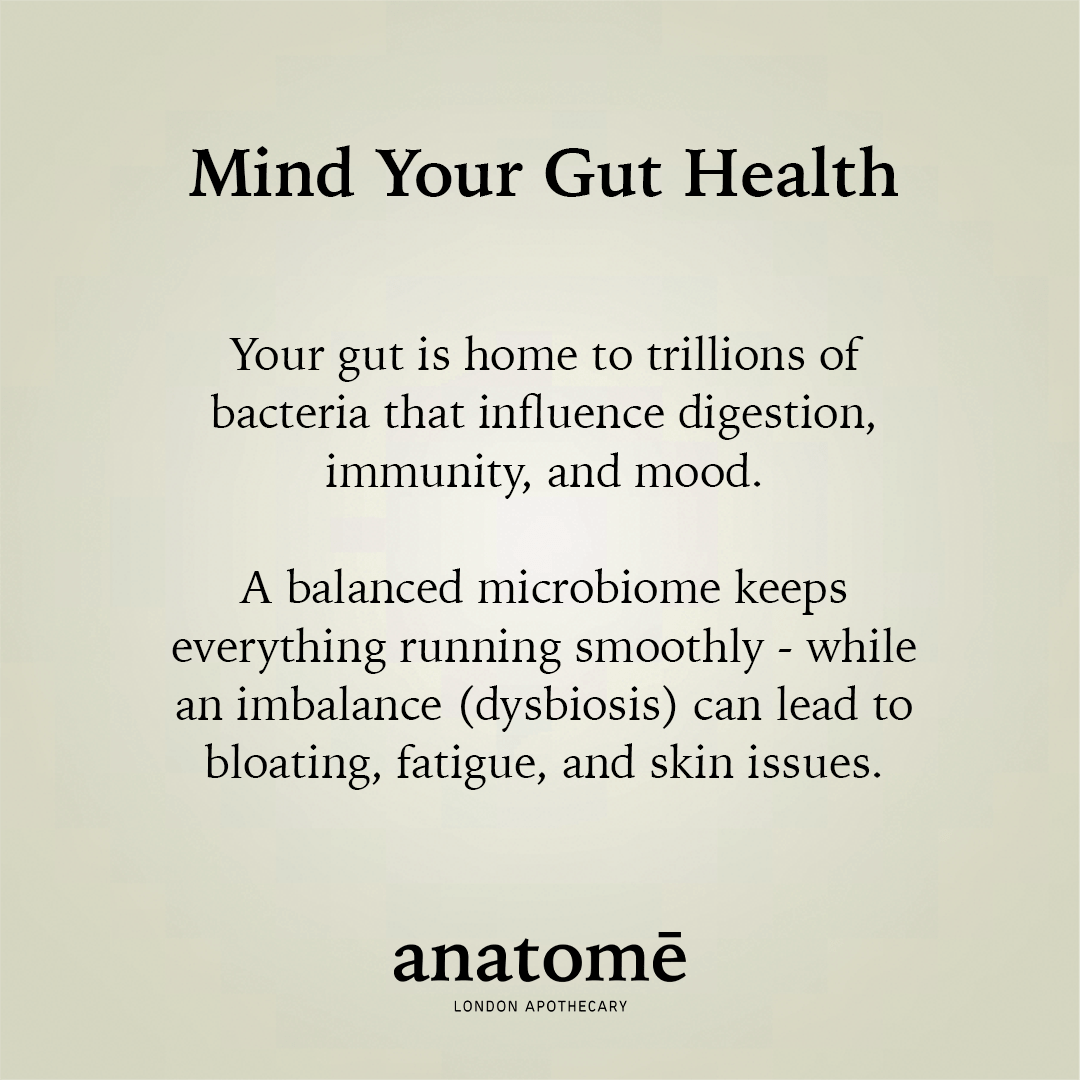

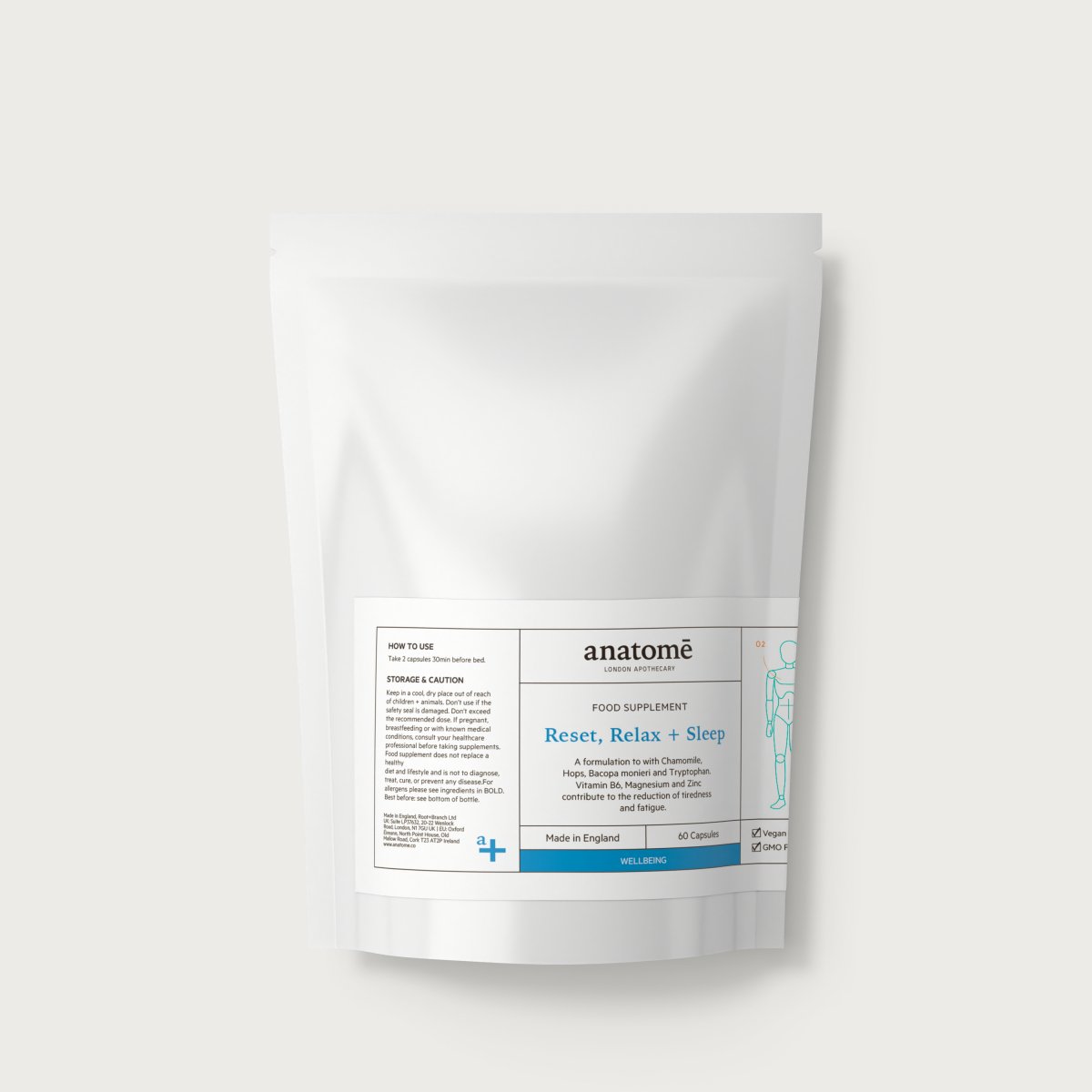



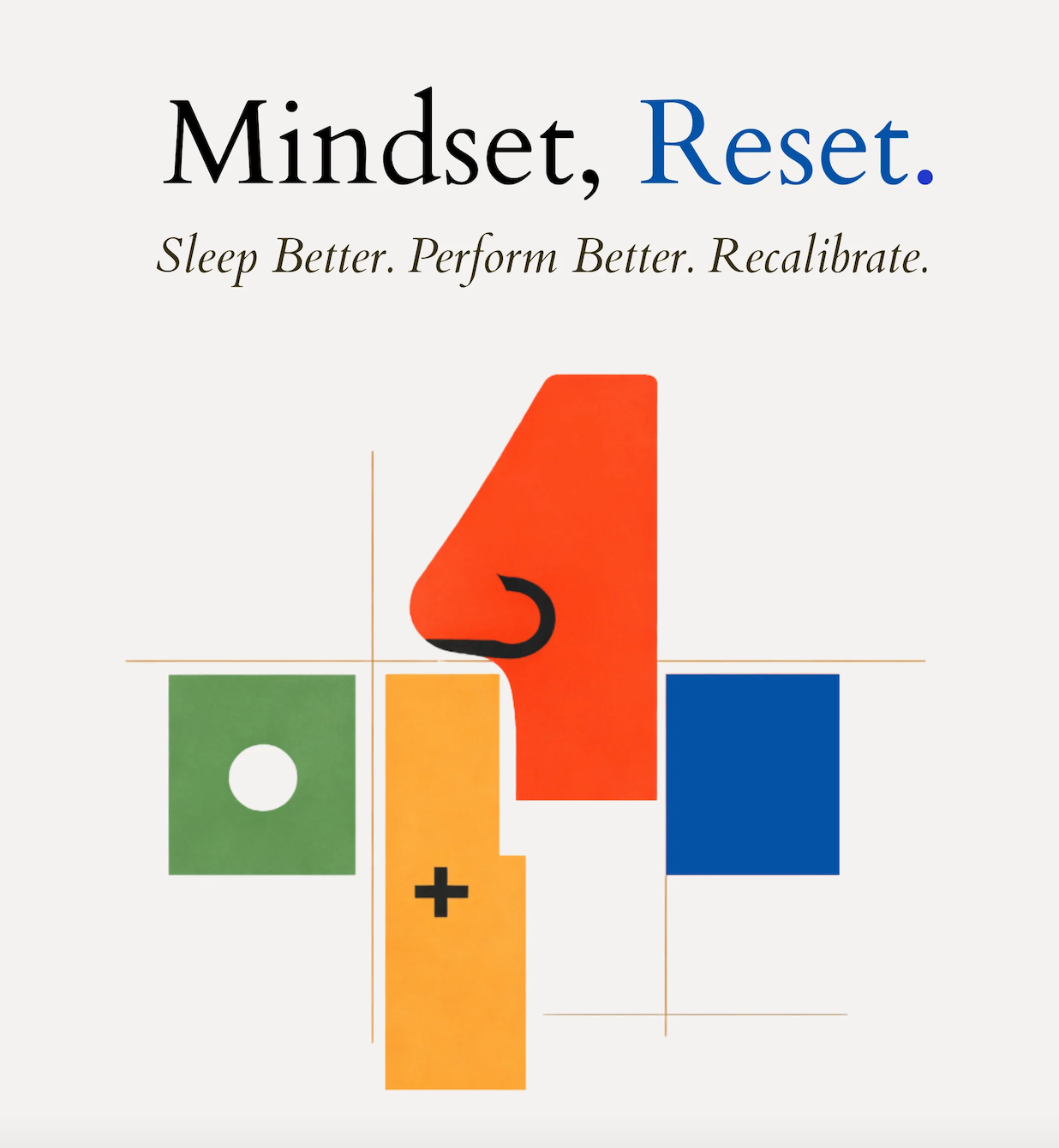



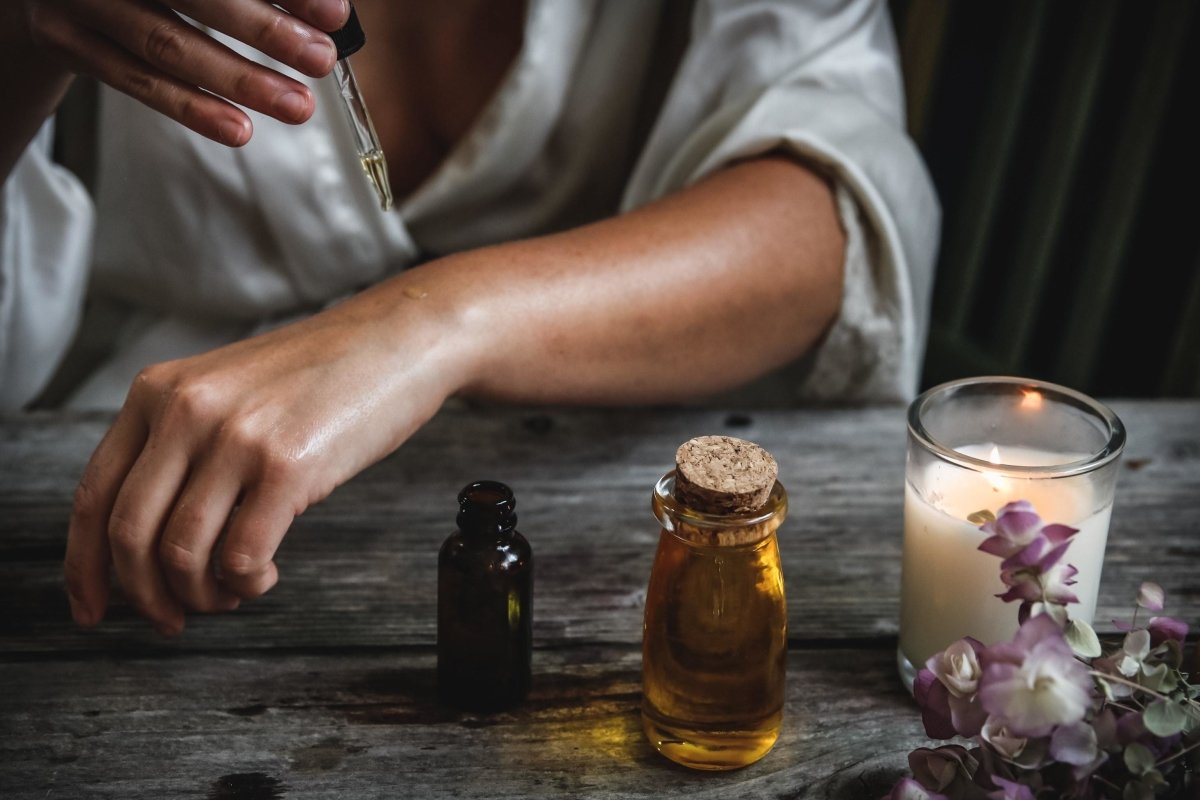


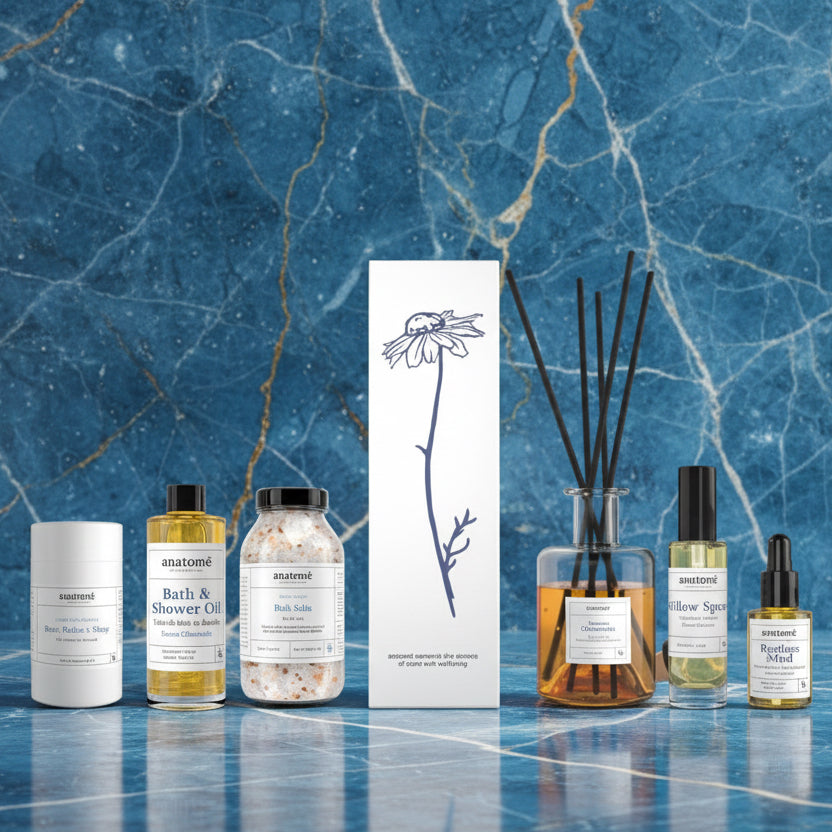


Leave a comment